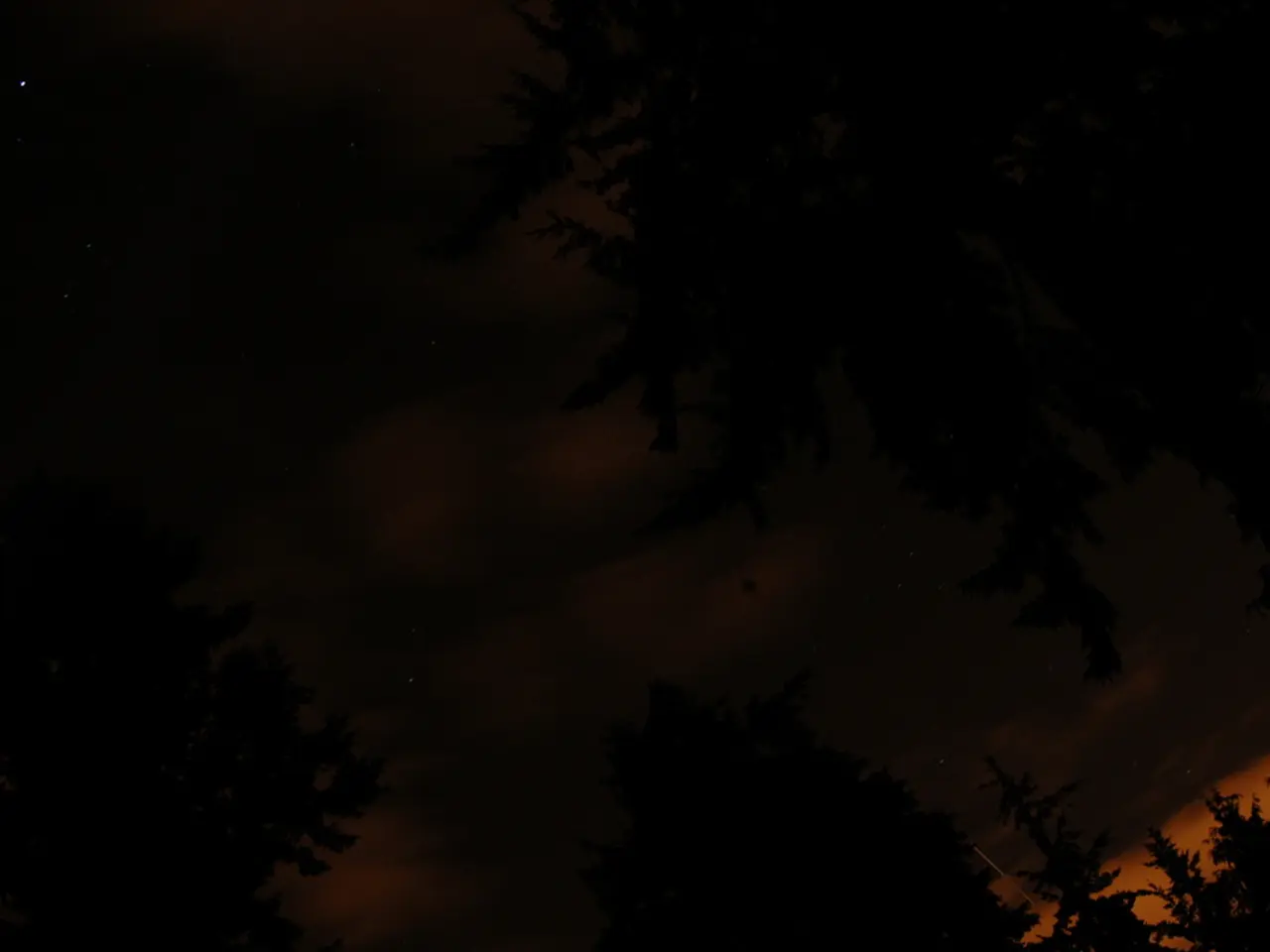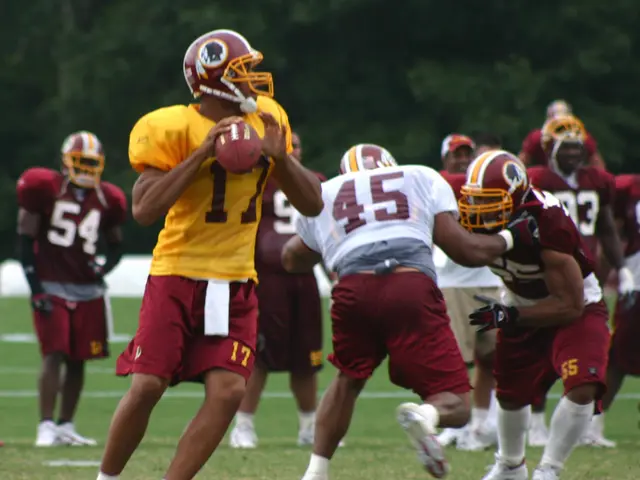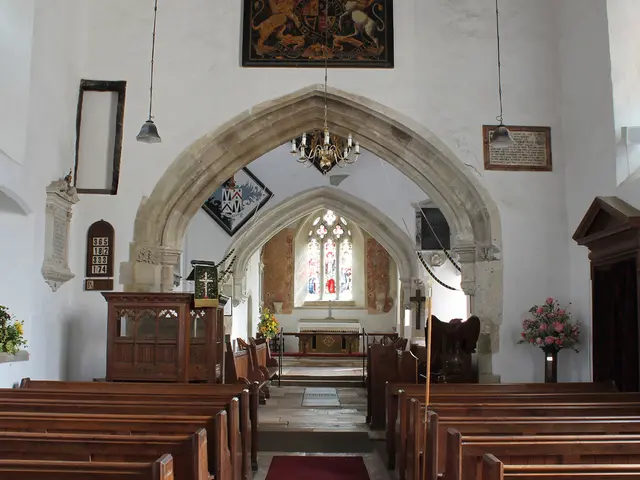Sacred Evenings Ahead
In a world still shrouded in mystery, the dark of night continues to entice exploration and wonder. This sentiment is echoed in a recent article, as writer-naturalists Sam Lee and Leigh Ann Henion share tales of nightingale songs and phosphorescent glow worms.
As we approach the Winter Solstice, a historically significant period in many cultures, the symbolism of darkness giving way to light takes on new meaning. Although the solstice occurs around December 21-22, its impact extends to other traditions that mark transition periods with reflection and hope.
One such tradition is the Watch Night service, a Christian religious gathering held late on New Year's Eve and into the early hours of New Year's Day. These services, rooted in prayer, reflection, and community fellowship, have a rich history that dates back to the Advent and Christmas seasons.
However, for Black Americans, Watch Night services hold profound significance. On December 31, 1862, African Americans across the United States held "Watch Night" services, anxiously awaiting news of President Abraham Lincoln’s Emancipation Proclamation, which took effect on January 1, 1863. These gatherings blended religious observance with communal hope and resilience, marking the transition from slavery to freedom for millions.
This focus on freedom and liberation gave rise to a lasting tradition among Black churches, especially within Methodist and Pentecostal communities. Vigils emphasize waiting, prayer, and celebration of emancipation and ongoing struggles for justice. Such services became a means to commemorate emancipation, celebrate African American agency, and reinforce community bonds facing systemic oppression.
Moreover, early Pentecostal history reveals that significant spiritual experiences, such as an important baptism in the Holy Spirit by speaking in tongues, occurred during a Watch Night service on January 1, 1901, highlighting the day’s spiritual importance beyond emancipation.
As we look back on this rich history, it is clear that Watch Night services have played a crucial role in shaping Black American culture and religious movements. Two books, "Archeology of the Night" and "The Archeology of Darkness," provide insights into ancient nighttime practices, offering a fascinating contrast to the modern tradition of Watch Night services.
For those interested in delving deeper into the Winter Solstice and the importance of natural darkness, the episode "Reclaim the Night" in the "Deep Time" series on TTBOOK is a must-watch. This episode celebrates the Winter Solstice and invites viewers to explore the beauty and mystery of the dark night.
[1] "The Archeology of the Night: The Dark in Urban Life" by John T. Kunkel [2] "The Archeology of Darkness: A History of the Night in the West" by Roger Ekirch [3] "Night Flyer: Harriet Tubman, Moses of the Underground Railroad" by Tiya Miles [4] "Reclaim the Night" episode in the "Deep Time" series on TTBOOK [5] "Watch Night: The Enslavement of Africans in America and the Story of the First Christmas" by Ervin L. Jordan, Jr. [6] "The Story of Watch Night: The Enslavement of Africans in America and the Story of the First New Year's" by Ervin L. Jordan, Jr. [7] "Watch Night Services: Roots in Christian Traditions" by Ervin L. Jordan, Jr.
Read also:
- Wawa avian tests positive for West Nile disease
- The market for Kraft Lignin is projected to increase at a rate of 7.2% each year until 2034.
- Revising hair care practices with cynorrhodon extracts for addressing hair fragility
- Filipino Card Games Find Their Home at Gamezone, Offering an Unmatched Experience!







